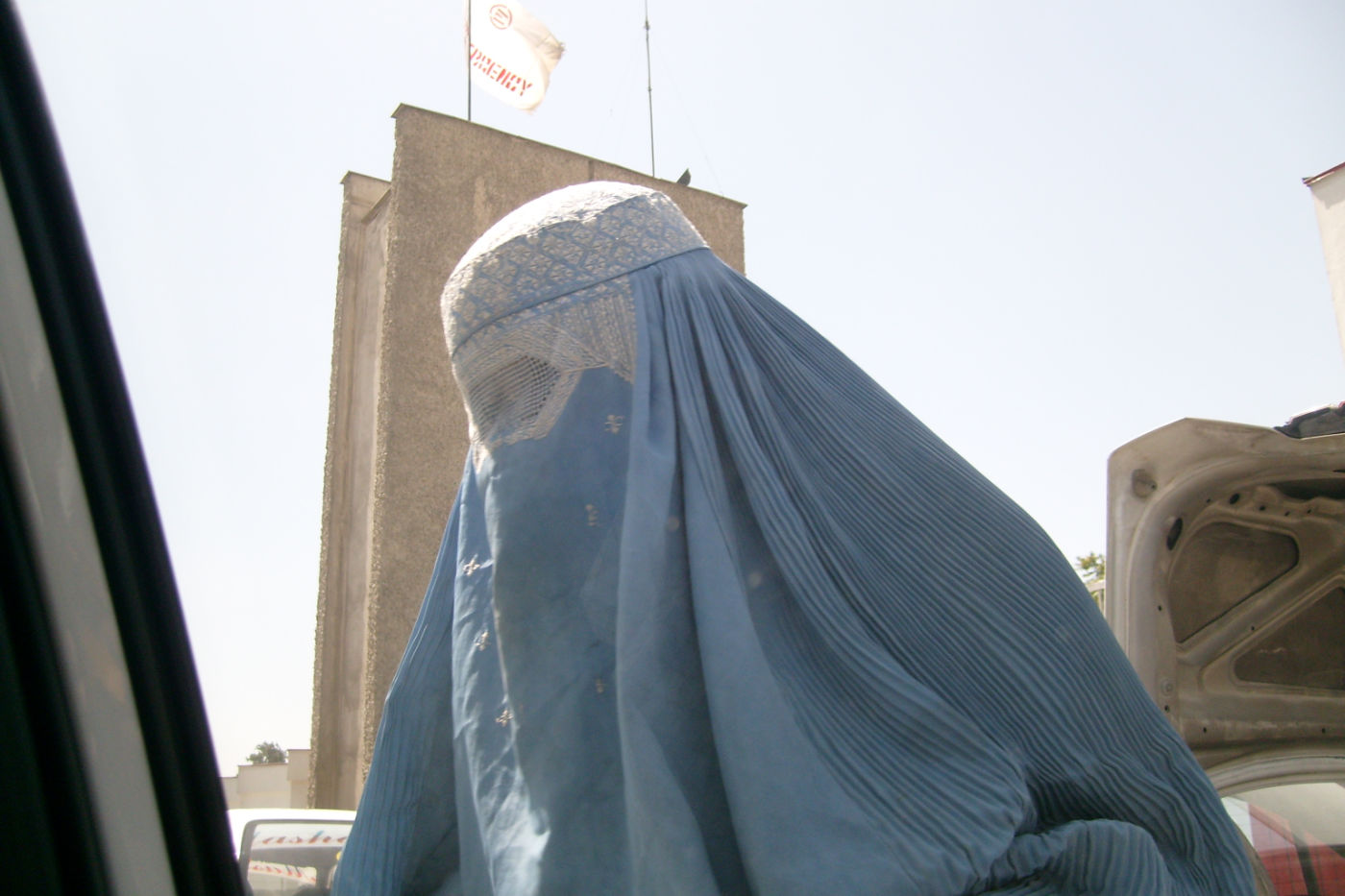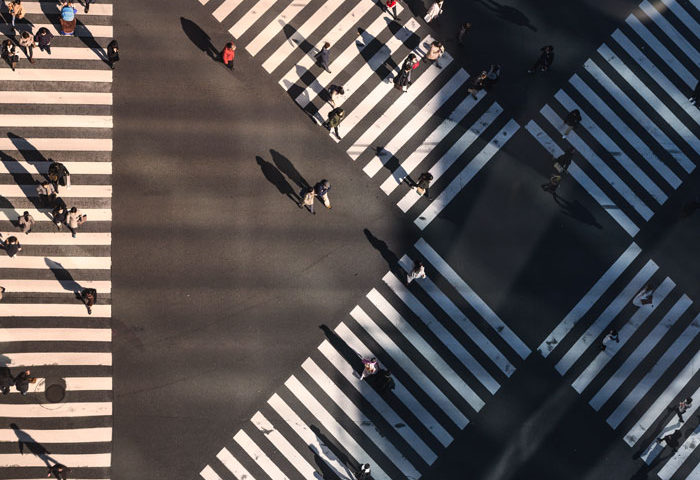Por Dorothy Estrada Tanck, University of Murcia
The human rights of women and girls in Afghanistan have been under constant and cruel siege by the de facto Taliban government. However, in recent weeks, the restrictions have reached unprecedented proportions: The Law for the Promotion of Virtue and the Prevention of Vice, issued in August 2024—commonly referred to as the morality law—prohibits women from speaking in public, considering that a woman’s voice should only be expressed in an intimate setting, and even forbids them from singing publicly.
When reading this news, the first impression might be that it is fake, given how absurd and extreme it is to ban something as normal and intrinsic to human dignity and essence as speech, which is also a fundamental right. Sadly, it is real. This law is another component of a societal model based on the progressive dehumanization of women and girls.
While the de facto government in Afghanistan had previously attempted to erase and silence women from public spaces, we now witness a literal silencing, not just a metaphorical one.
Strict Rules for Men and Minorities Too
The morality law of the Islamic Emirate of Afghanistan requires women to “completely cover their bodies and faces and not speak or sing loudly in a way that non-family members can hear.” It should be noted that men and boys are also subject to strict dress codes, requiring them to cover themselves “from the navel to the knees.”
The law also criminalizes and persecutes LGBTQ+ individuals and restricts the rights of religious minorities, among other measures, banning non-Islamic ceremonies and prohibiting association with non-believers. This affects not only women and girls—half of the population—but also non-Muslim ethnic and religious minorities.
Scholars of Sharia, including Muslim feminist organizations, have emphasized that these perspectives are a misinterpretation of Islam and do not authentically represent the Muslim religious doctrine.
The morality law—condemned by activists, media, independent UN human rights mechanisms, and various UN bodies, including the Security Council (with the notable absence of China, Algeria, and Russia)—also includes discretionary powers to apply severe punishments for non-compliance, further intensifying a climate of fear and uncertainty in society.
While outrage over the situation of women and girls in Afghanistan is crucial, it is also essential to understand this not as an isolated event in a single country but as symptomatic—albeit one of the most severe—of the setbacks and attacks on gender equality globally.
In this light, Afghanistan serves as a test for the international community, its foundational values, and its red lines: The reaction to this reality will indicate the course of action in response to (potential) acts of gender oppression in other parts of the world. As Martin Luther King Jr. once said, “We will remember not the words of our enemies, but the silence of our friends.”
It is remarkable and moving to witness the responses of Afghan women who, completely covered from head to toe, have recorded themselves in videos circulating on social media, singing in defiance of the regime’s dominance. The struggle for gender equality and justice has been supported by various public figures, including Malala Yousafzai, Nobel Peace Prize winner in 2014, who herself survived being shot in the head at age 14 by Taliban fundamentalists due to her advocacy for girls’ right to education.
Gender Persecution
The reality faced by Afghan women and girls can be characterized as gender persecution, a crime against humanity that is prosecutable by the International Criminal Court. It has been suggested that the institutionalized and systematic discrimination, segregation, and subjugation they experience also constitutes gender apartheid and should be explicitly recognized as such under international law.
Three years after the Taliban’s takeover of Afghanistan, it is crucial to continue supporting Afghan women’s struggles and show solidarity with their movements. This can be done through concrete means such as funding women-led organizations, promoting their proposals, recognizing refugee status for those fleeing by third countries, and helping amplify their voices and their hope—still alive—that another Afghanistan, and another world, are possible.
This article was originally published in The Conversation. Read the original.





